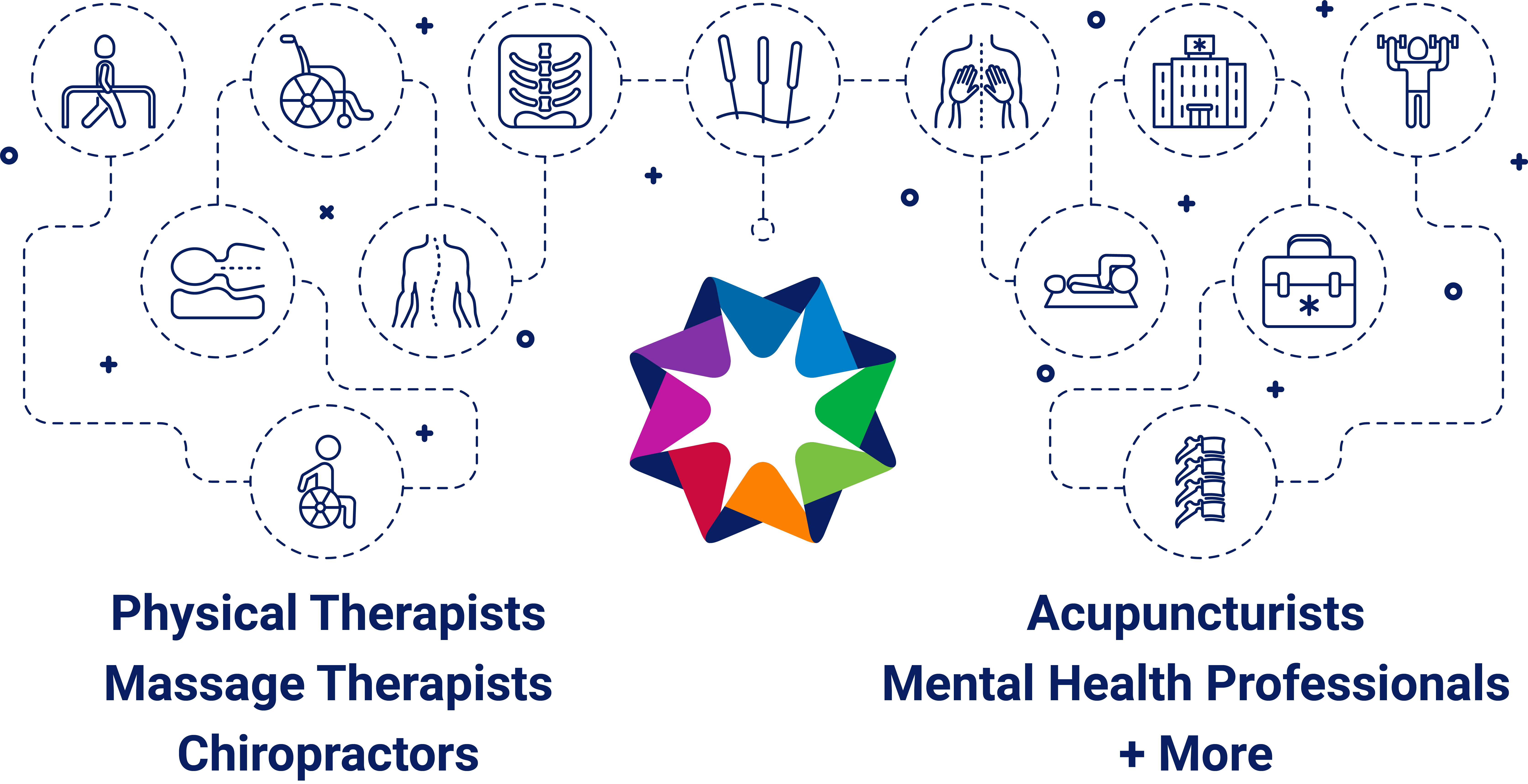Chronic Pain
Chronic pain is characterized by persistent pain lasting for three months or longer, manifesting in various forms such as headaches, joint pain, and back pain. Typically, pain serves as a signal that something is wrong in the body, transmitting pain signals from an injured area to the brain. However, chronic pain can endure beyond the healing of a physical issue or be unrelated to any injury.
Causes of Chronic Pain:
- Post-Injury or Surgery: Chronic pain may persist following an injury, surgery, or infection.
- Ongoing Issues: Conditions like arthritis or fibromyalgia can lead to persistent pain.
- Psychological Factors: Chronic pain may persist due to psychological reasons even after physical healing.
- Unclear Source: In some cases, the source of chronic pain may not be clear.
Risk Factors for Chronic Pain:
- Being overweight
- Smoking
- Depression
- Gender (women are at a higher risk)
Signs and Symptoms of Chronic Pain:
Chronic pain not only affects the body but can also impact mental health, leading to symptoms such as anxiety, depression, trouble sleeping, fatigue, irritability, relationship problems, loss of sex drive, drug abuse, and suicidal thoughts. Changes in movement patterns to accommodate chronic pain can also result in additional joint pain or muscle strains.
Treatment for Chronic Pain:
Given the diverse causes of chronic pain, a variety of therapies are employed for treatment:
- Physiotherapy: Addresses pain and physical limitations associated with chronic pain.
- Medications: Anti-inflammatory drugs, opioids, and muscle relaxants may provide relief.
- Mental Health Counselling: Assists in managing mental health issues related to chronic pain.
- Acupuncture: Stimulates the body’s natural painkillers and promotes healing.
Physiotherapy for Chronic Pain at Activa:
Activa Clinics offers physiotherapy for chronic pain, involving a comprehensive approach that may include diagnostics (CT scan, MRI, ultrasound), customized exercises, aqua therapy, massage therapy, chiropractic care, spinal traction, acupuncture, TENS therapy, interferential current therapy (IFC), recommendations for overcoming functional limitations, bracing, and custom orthotics.
Preventing Chronic Pain:
Preventative measures include addressing pain promptly, reducing risk factors (stress, poor diet, smoking, inadequate sleep), and seeking medical attention for injuries or unexplained pain to prevent the progression to chronic pain.

